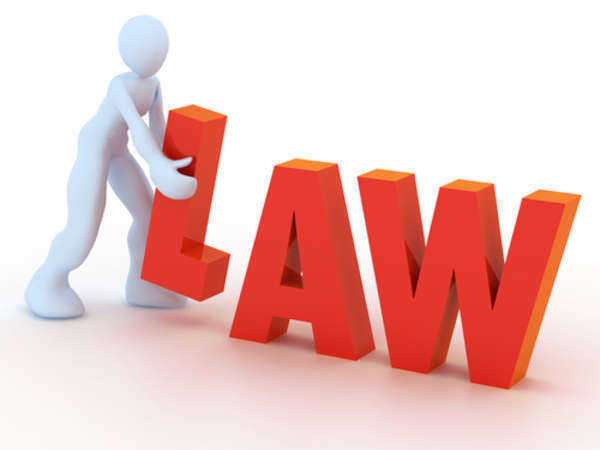Special Protections under Law At A Glance
A court of juvenile law is commonly a less confrontational environment for a child than an all-purpose criminal court. Rather than being scrutinized by a jury of their peers, minor offenders will only have to appear before a judge in a juvenile court, and upon sentencing the punishment will often not involve jail time. In lieu of this, judges will sentence juvenile delinquents to probation, community service, mandatory public service classes, and/or fines.
Noting the informality of many juvenile laws and the relative unimportance of some status offenses (as compared to violent crimes), juvenile offenders may not even be summoned before the court or may be able to "get off easy" with a warning. For isolated incidents, some officers of juvenile law may be satisfied with no more than a notification of the child's parents of wrongdoing on his or her part. If patterns of breaking the law with regard to minor offenses occur, though, those who uphold juvenile laws may not be so merciful and may order the child detained.
As with adults, regarding an appearance in court, juvenile law specifies that underage accused may still lay claim to basic constitutional rights against self-incrimination, and if need be, to have a legal professional represent them free of charge. Juvenile laws also dictate that minors found guilty in juvenile court may appeal their case to an adult criminal court, but are advised to think twice about such a strategy, as they run the risk of any punishments of the new court with how it finds.
